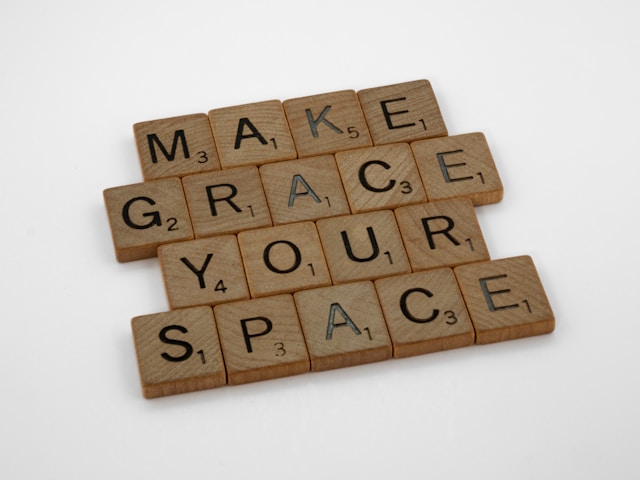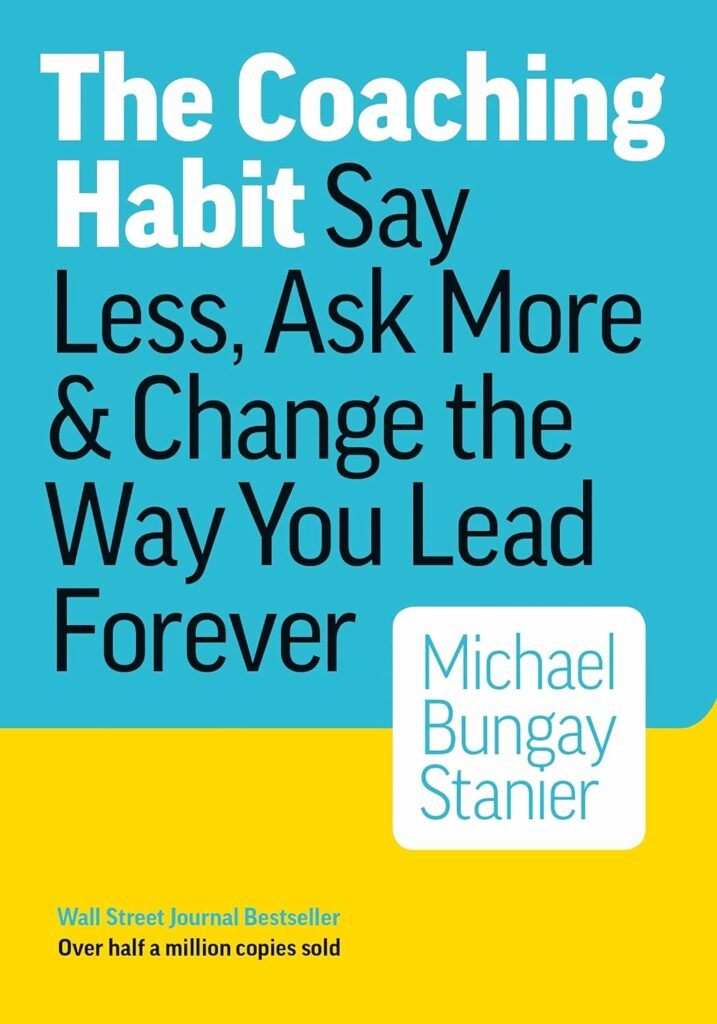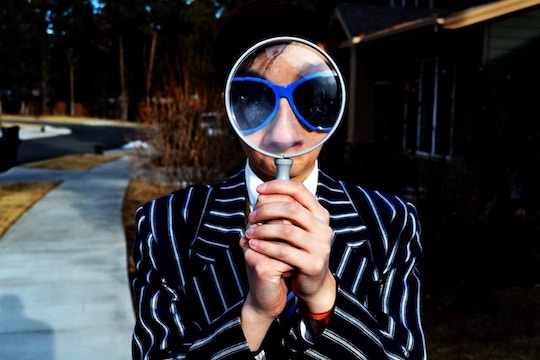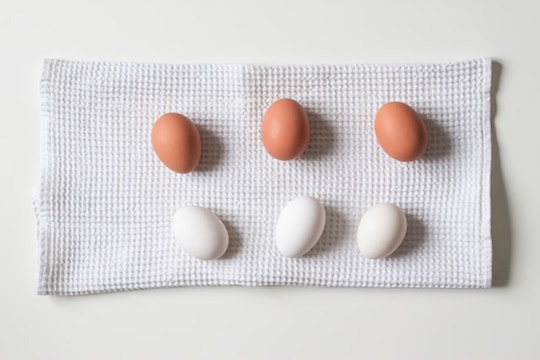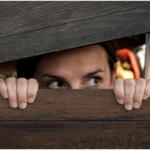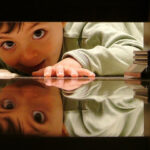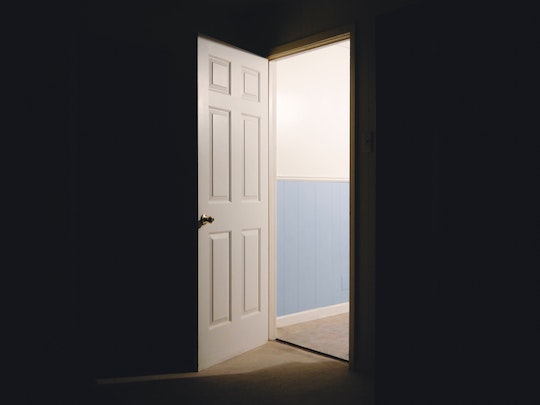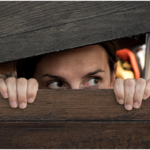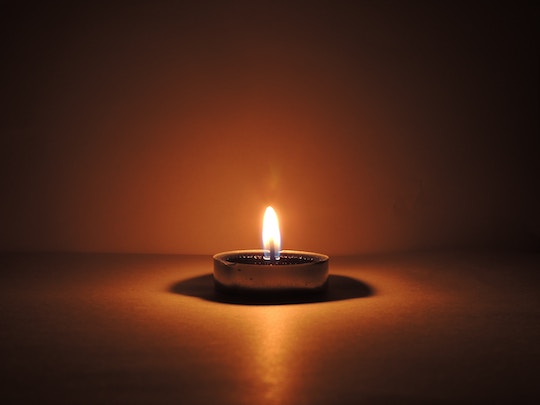When we make assumptions and judge others it’s helpful to offer a space of grace.
—Calm App Reflection
We all make assumptions and judgements of others — it’s human nature. But what if, instead of letting those thoughts define our interactions, we chose to offer a “space of grace”?
This simple shift can transform relationships and deepen our empathy.
Offering grace involves pausing before reacting, recognizing that we don’t know someone’s full story.
It’s about giving others the benefit of the doubt and allowing room for misunderstandings and mistakes.
When we create this space, we foster respect and kindness for ourselves and those around us.
EXERCISE:
Where in your world would it be helpful to replace your assumptions and judgements with curiosity?
Ask yourself, what else could be true here or what might I not be seeing?

